T4K3.news
Resident doctors in England begin five-day strike
The government strives to limit NHS service disruptions during the strike.
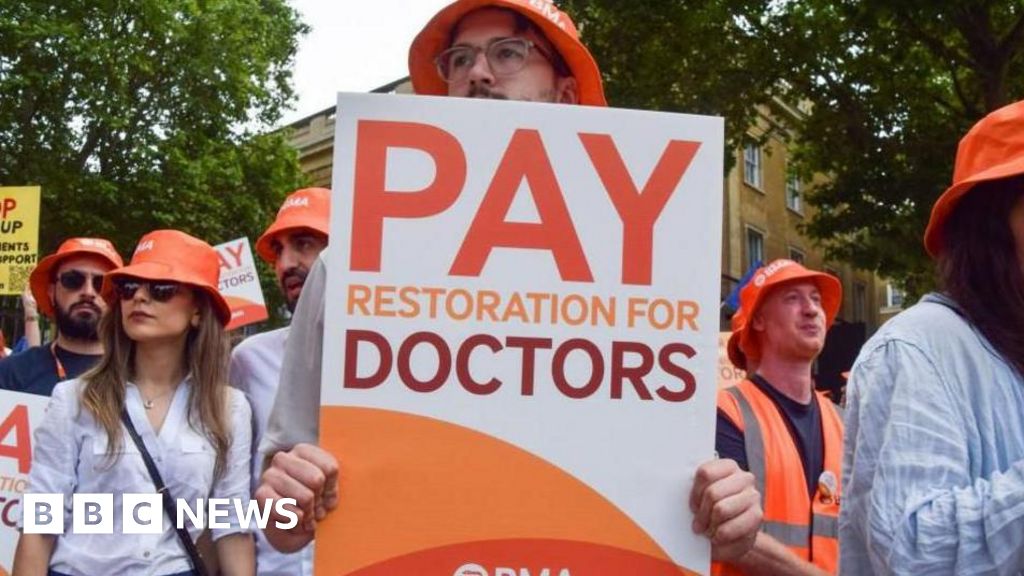
As resident doctors begin a five-day strike, the government aims to minimize disruptions to healthcare services.
NHS braces for impact as resident doctors commence strike
Health Secretary Wes Streeting is taking measures to ensure NHS services remain operational during a five-day strike by resident doctors in England. The government instructed hospitals to cancel non-urgent treatments only under exceptional circumstances. In this strike, rather than focusing on emergency care, NHS leaders are striving to maintain non-urgent services. Senior doctors will step in for their junior counterparts amid ongoing concerns over pay. Prime Minister Sir Keir Starmer criticized the British Medical Association for hastily pursuing strike action, claiming it could undo recent progress made within the NHS. Despite assurances from NHS England to keep operations running, prior strikes caused significant service disruptions, leading to over one million cancelled appointments since March 2023.
Key Takeaways
"These strikes will hit the progress we are making on turning the NHS round."
Streeting acknowledges the impact of the strikes on NHS progress.
"We have learnt lessons from the past strikes and this one will feel very different."
NHS sources express hope for managing disruptions better this time.
"Resident doctors are not worth less than they were 17 years ago."
BMA leaders assert that pay should reflect the value of resident doctors.
"It is really important to reduce cancellations, as patients have been waiting for months."
Prof Pandit emphasizes the urgency of minimizing service disruptions for patients.
The evolving strike dynamics reflect deep-seated tensions between the NHS and its resident workforce. With the British Medical Association advocating for fair compensation and improved working conditions, the government continues to face criticism for its handling of negotiations. Streeting's commitment to minimize disruption may be commendable, but it highlights the precarious balancing act of maintaining healthcare services while addressing staffing shortages. As both sides dig in their heels, the long-term implications for patient care and the NHS's reputation could be profound, especially when trust is paramount in healthcare.
Highlights
- Disruption cannot be avoided but must be managed effectively.
- Urgent care will continue even amidst the doctors' strike.
- Restoring pay is essential for improving working conditions.
- The future of NHS care hangs in the balance.
Potential impact on patient care amid strike
The ongoing strike raises concerns about patient care and staffing levels, with the BMA warning of risks due to stretched resources. The situation could lead to significant backlash from the public regarding NHS service adequacy.
The coming days will reveal whether the government's strategy can withstand the pressures of this strike.
Enjoyed this? Let your friends know!
Related News
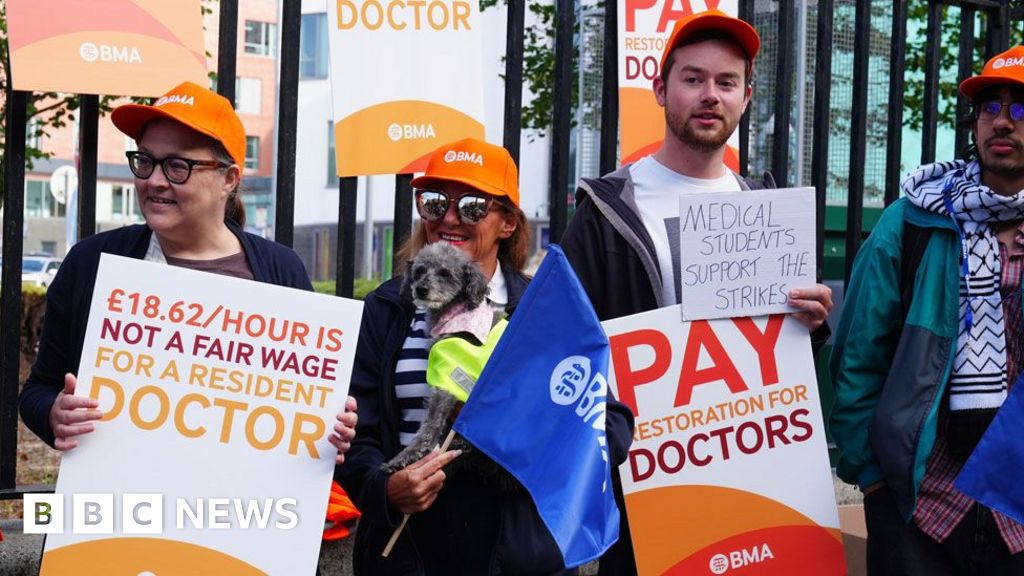
NHS faces challenges as doctor strike begins

Resident doctors begin five-day strike
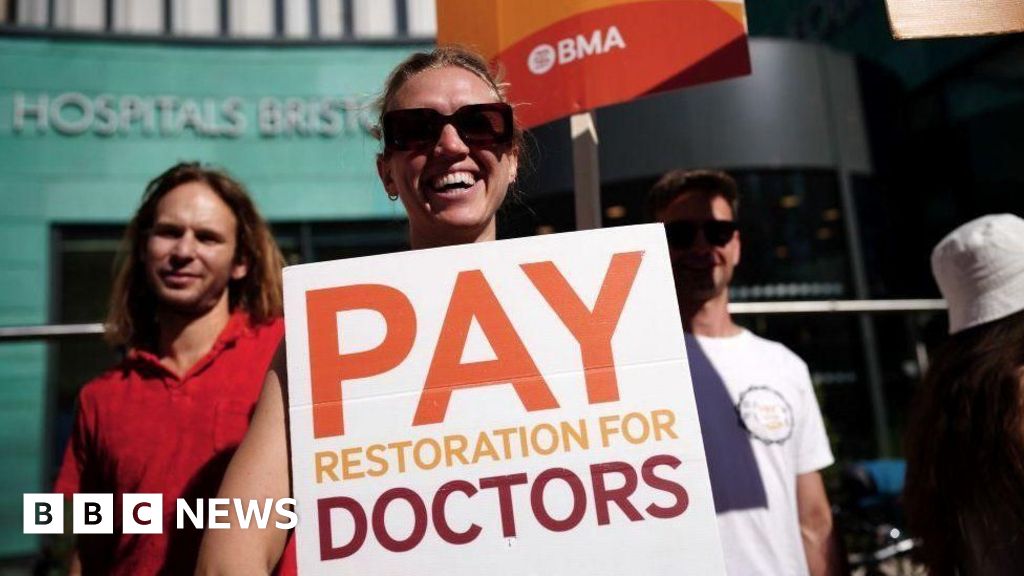
Doctors in England to strike for five days beginning Friday

Medical Colleges urge doctors to inform hospitals about strike plans
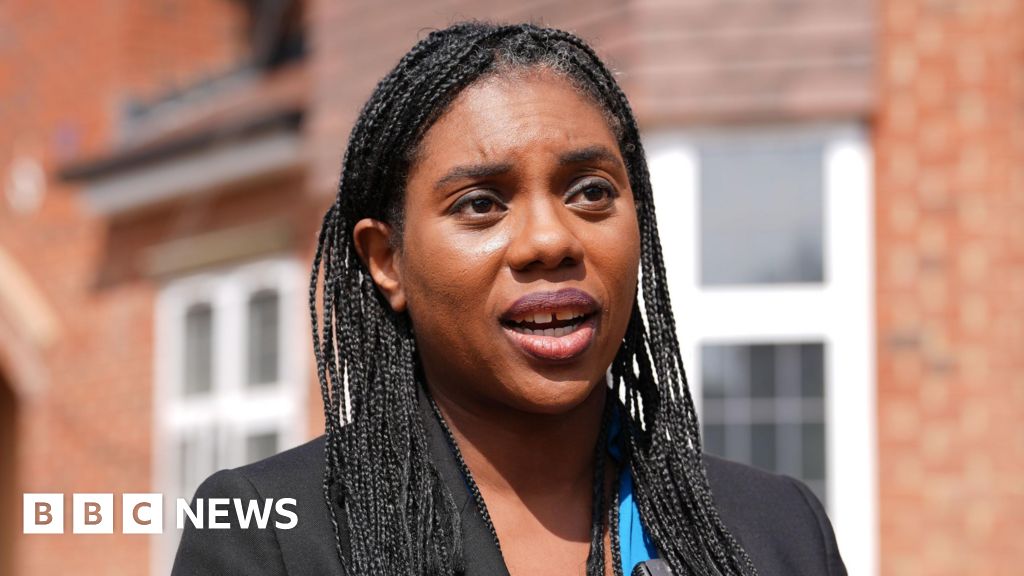
Badenoch proposes strike ban for NHS doctors
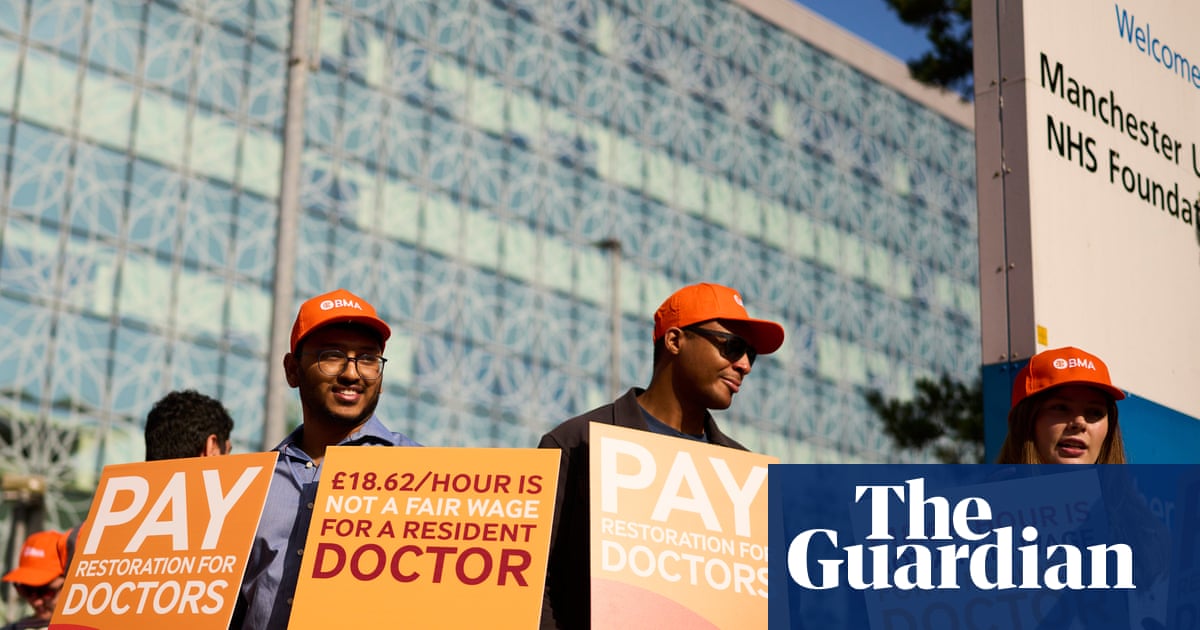
Wes Streeting warns doctors cannot win against the government
Doctors in England strike over pay dispute

Fewer resident doctors on strike during NHS stoppage
